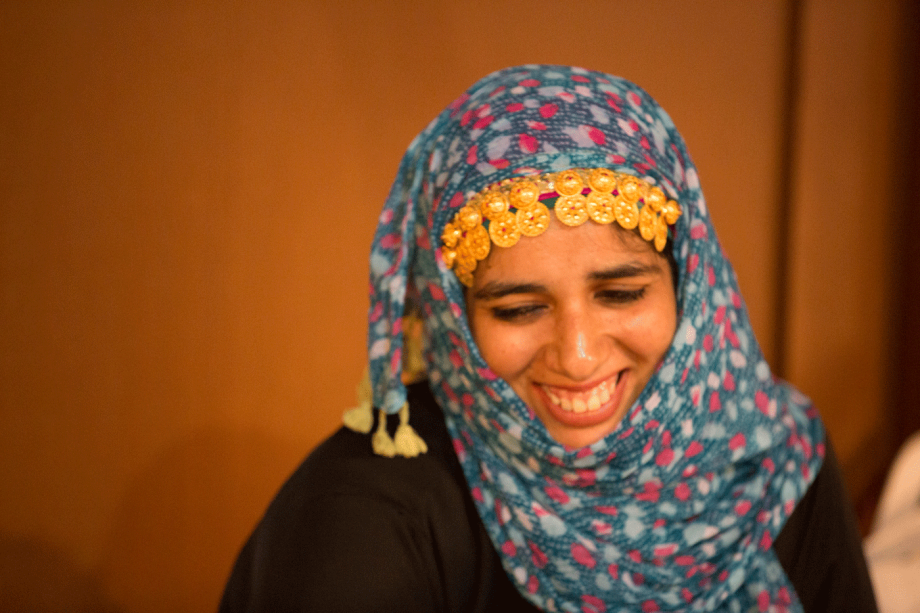We sat around the campfire with five local families, laughing, singing, telling stories, and playing games on an overnight campout in the mountains. If it weren’t for the soft desert sand beneath our feet and the cadence of Arabic dominating the chatter, it would have felt like we were back home in the mountains of our home state.
Sami, a friend of one of the families, sat down in front of the campfire next to me as I held my youngest son on my lap. We started conversing and I learned that Sami, a young Syrian, had left his country just before the war began five years ago. Ever since, he has been working in our host country—a peaceful Arab nation in the region—setting aside as much as he could to prepare to get married.
I asked Sami about his family, if they were still in Syria. He told me his mother died from health complications many years ago. Then, three years ago, his father was killed by Assad’s army. That makes him a 27-year-old orphan. Sami hadn’t seen his father for many years when he had been killed.
It was too much for me—his pain and loss. I started to cry.
Sami then told me about his sister, Aisha, and her family. Her children had been at school when it was bombed. They saw classmates die and their teacher maimed.
A year ago, Aisha’s husband was inexplicably arrested and taken to jail. With the country disintegrating into chaos, Aisha and her children were more vulnerable than ever, their husband and father behind bars.
Sami decided to use all his savings—all he had set aside in hopes of getting married and starting a family—to bring Aisha’s family out of the Syrian war-zone. He sold his future and bought the lives of his sister and her children, bringing them to live with him in his two-room apartment.
My heart ached as I listened to Sami talk. I wanted to rush to the family’s aid and help them with food and money. But I know they wouldn’t accept it. They were not poor people in Syria, and they would refuse to accept handouts.
Several days after our campout, I went to Sami’s two-room apartment to meet his sister. Knowing she had been trained as a stylist, I paid her to give haircuts to my daughters and me. Then we drank coffee and smiled and chatted.
Aisha smiled so much for someone who has lost so much. She smiled so much. And her children—they all smiled so much.
Sami is like so many other Syrians. He has watched the future he had planned for himself vanish. His beloved country is decimated. His cousins, aunts, father, brothers—murdered. What hope does he have?
The hope of the Gospel—Sami, Aisha, and the rest of the family don’t know have it. Yet.
But their hearts are open, and they are eager to welcome into their lives people like us—those who would offer genuine friendship and express love, compassion, and hope in Christ Jesus.
We pray they would eagerly welcome the One in whose name we come bearing words of eternal joy and peace—Christ the Messiah.
4.7 million Syrian refugees are scattered throughout the Middle East. Because of your partnership, thousands of Syrian Muslims like Sami and Aisha are encountering and responding—for the very first time—to the hope of Jesus Christ.
Click the button below to give to the Frontiers’ Mission Fund to help recruit, train, send, and serve more field workers to reach Syrian refugees with the Gospel of hope.
**This account comes from a long-term worker. Names and places have been changed for security.**
Original article: FrontiersUSA.org/blog/article/syrian-refugee-update-she-smiled-so-much

